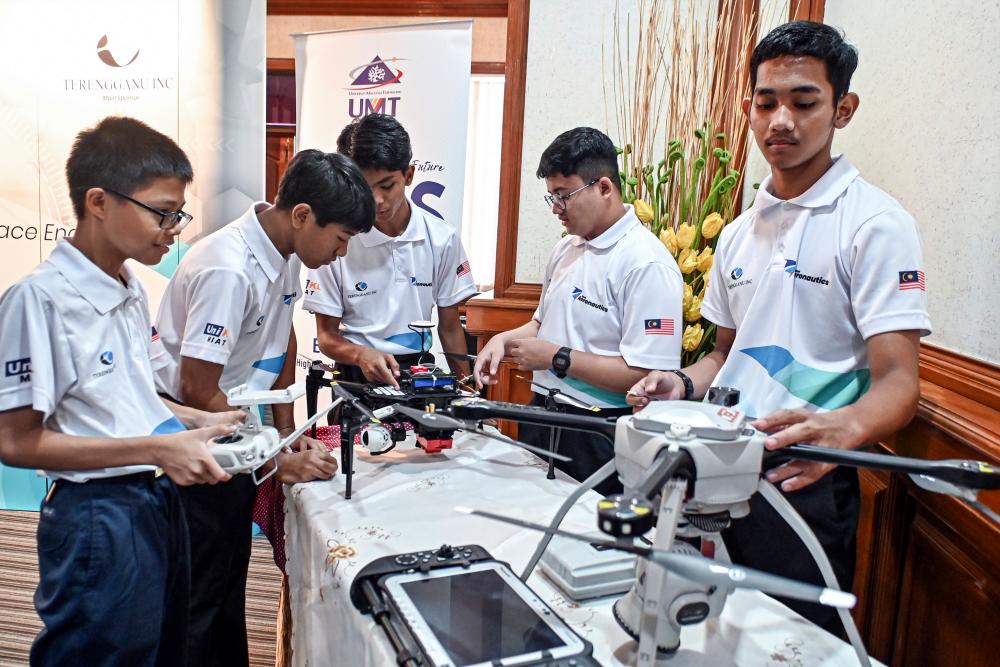PETALING JAYA: Low interest among students in the Science, Technology, Engineering and Mathematics (STEM) stream is a cause of concern for Prime Minister Datuk Seri Anwar Ibrahim.
On March 26, Anwar said the country lacked highly skilled engineers despite producing engineering graduates of quality, due to the low interest among students in STEM,
National University of Malaysia Centre for Diversity Studies in Education lecturer Dr Anuar Ahmad said a weak foundation in basic science and mathematics at primary school level is among factors contributing to the decline in the number of students opting for the science stream at the secondary level.
“A weak foundation often leads to students perceiving these subjects as difficult, thereby diminishing their interest in science and mathematics.
“Uninteresting teaching methods, prioritising examination scores, and aiming for correct and precise answers would also contribute to the students’ disinterest in the subjects.”
Anuar said the nature of science encompasses more than just memorising facts or formulas as it involves a dynamic process of exploration, inquiry and discovery.
He said by emphasising experimentation, observation and testing, science education can shift its focus from rote memorisation to active engagement in the scientific process, although it may be challenging for primary school pupils to fully grasp.
“The heavy curriculum of science and mathematics also contributes to the decreased interest in the subjects at the primary school level.
“Pupils should not be burdened with extensive curricular, but instead focus on activities that involve exploration and observation outside the classroom. This will gain their interest and encourage them to take up STEM streams.”
Anuar added that teachers rushing through the curriculum could be an additional factor in the students’ lack of interest in the subjects, especially for those who struggle with learning.
“It is imperative for teachers to have the flexibility to adapt their teaching pace so that it caters to diverse learners, providing ample time for consolidation, review and reinforcement of key concepts.”
Education Ministry data showed the enrollment of students into the STEM stream was at 45.73% in 2023, which was still considerably low.
On Feb 7, its deputy minister Wong Kah Woh announced RM100 million was allocated in Budget 2024 to attract more students to pursue the STEM stream.
From that allocation, RM40 million would be used to upgrade 301 computer laboratories at a cost of RM150,000 each.
Another RM40 million would be allocated for the upgrading of science laboratories, followed by an additional RM10 million to purchase STEM equipment for secondary schools.
The remaining RM10 million will be dedicated to the STEM cluster, involving pilot programmes in Perak and Selangor.
National Union of the Teaching Profession secretary-general Fouzi Singon said under the Malaysia Education Blueprint 2013-2025, there was a 60:40 policy in which 60% of students would be in the STEM field.
“Every primary and secondary school across the country offered STEM-related subjects that are fundamentally science and mathematics. However, specialisation in subject streams only happen once students enter Form Four.”
Fouzi emphasised that to enhance STEM enrollment, teachers and parents must understand how to nurture children’s interests in the subjects from a young age.
“I hope the country’s STEM intake will increase in the future so that we can cultivate a skilled workforce that can tackle complex challenges and contribute to technological development and scientific progress in future.”









